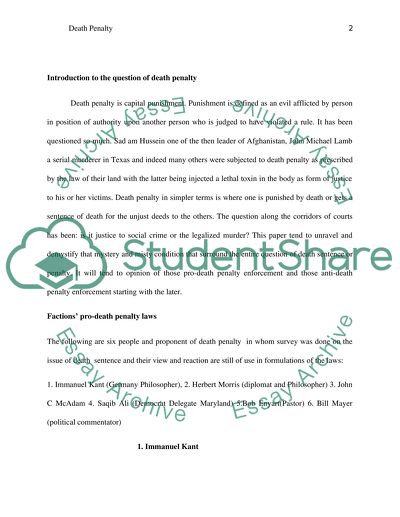Cite this document
(“Death Penalty Term Paper Example | Topics and Well Written Essays - 2500 words”, n.d.)
Death Penalty Term Paper Example | Topics and Well Written Essays - 2500 words. Retrieved from https://studentshare.org/sociology/1640522-death-penalty
Death Penalty Term Paper Example | Topics and Well Written Essays - 2500 words. Retrieved from https://studentshare.org/sociology/1640522-death-penalty
(Death Penalty Term Paper Example | Topics and Well Written Essays - 2500 Words)
Death Penalty Term Paper Example | Topics and Well Written Essays - 2500 Words. https://studentshare.org/sociology/1640522-death-penalty.
Death Penalty Term Paper Example | Topics and Well Written Essays - 2500 Words. https://studentshare.org/sociology/1640522-death-penalty.
“Death Penalty Term Paper Example | Topics and Well Written Essays - 2500 Words”, n.d. https://studentshare.org/sociology/1640522-death-penalty.


